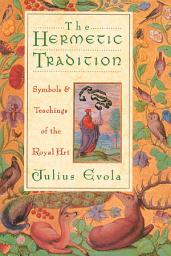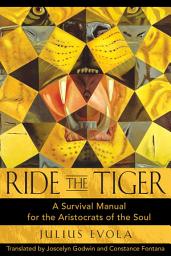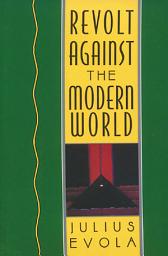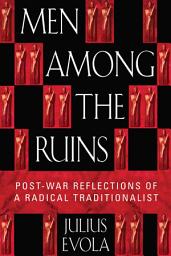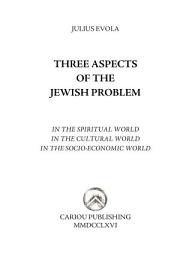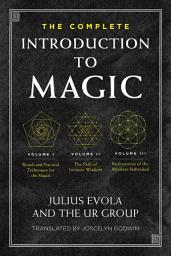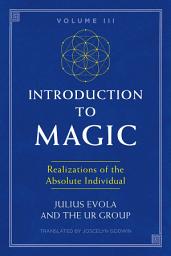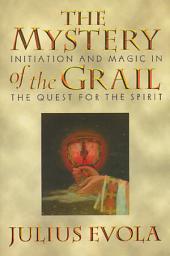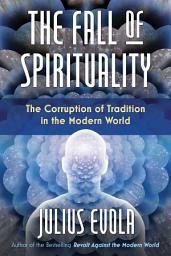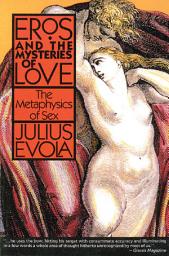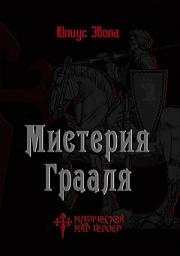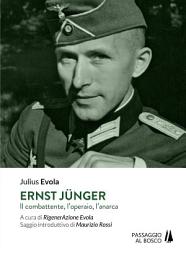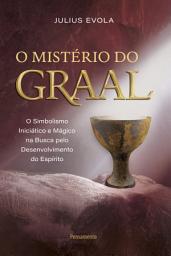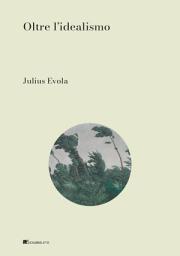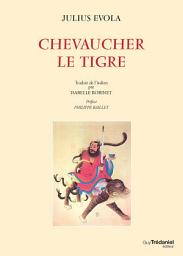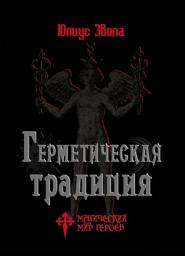Julius Evola
Julius Evola (1898–1974) was an Italian thinker whose early intellectual path was deeply rooted in philosophy, particularly German idealism and avant-garde culture. After serving as an artillery officer in World War I, Evola immersed himself in philosophy, poetry, and Dadaist experimentation. In the early 1920s, he turned decisively toward speculative thought, drawing on Fichte, Schelling, and especially Novalis to develop a metaphysical doctrine of the Self. This culminated in his seminal philosophical works Teoria dell’individuo assoluto (1927) and Saggi sull’idealismo magico (1925), where he sought to overcome the limitations of abstract idealism through what he called “magical idealism”—a form of active metaphysics in which the individual asserts sovereignty over experience and reality through inner, transfigurative acts. These early writings mark Evola’s most systematic philosophical period, preceding his later turn toward traditionalism, esotericism, and political critique.
Ebooks

